The Vocal Maine Coon: Understanding Their Meows
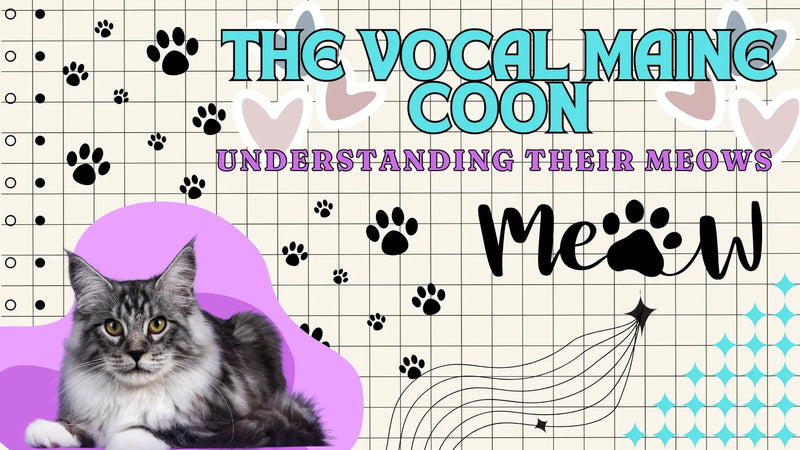
If you’ve ever lived with a Maine Coon, you know they’re not just big in size—they’re big on personality, too. One of the most fascinating things about these gentle giants is their range of vocalizations. Understanding their different meows can help you connect with your Maine Coon on a deeper level. Let’s explore what those sounds might mean and how you can respond to them.
Meet the Maine Coon: A Quick Intro
Before we dive into their vocal quirks, let’s appreciate what makes Maine Coons so special. These cats hail from the northeastern United States and are known for their sturdy build, tufted ears, and sociable nature. They’re not just cuddly companions; they’re also quite expressive. Have a quick overview about this breed in our blog about Maine Coon Breed Standard: Everything You Need to Know About This Magnificent Cat.
Communication Through Meows
Maine Coons are known for their chatty nature. They use a mix of meows, chirps, and trills to get their messages across. Here’s a guide to what those sounds might be telling you:
Different Types of Meows
-
The Greeting Meow When your Maine Coon approaches you with a soft, melodic meow, they’re simply saying, “Hi there!” It’s their way of welcoming you and seeking a bit of your attention or company.
-
The Hunger Meow This one’s hard to miss—a persistent, insistent meow that clearly means it’s time for a meal. Maine Coons love their food, and they’ll make sure you know when their stomachs are empty.
-
The Playful Meow During playtime, expect a series of high-pitched, enthusiastic meows. This is their way of showing excitement and letting you know they’re ready for some fun.
-
The Inquisitive Meow If your Maine Coon is exploring a new object or a new corner of the house, you might hear a series of curious meows. They’re just checking things out and figuring out their environment.
-
The Warning Meow When something feels off or if they’re feeling threatened, Maine Coons might let out a sharp, urgent meow. This is their way of sounding an alarm that something might be wrong.
Learn more about this content and have a deeper and more comprehensive understanding in Decoding Meows and More: Understanding Your Purebred Kitten's Behavior.
Body Language: Adding Context
Meows are just one part of the picture. Paying attention to your Maine Coon’s body language—like tail position, ear movements, and eye contact—can give you even more insight into what they’re trying to communicate.
Responding to Your Maine Coon's Meows
Understanding your cat’s meows is just the first step. How you respond is equally important. By addressing their needs—whether that’s feeding them, playing with them, or giving them some comfort—you’ll strengthen your bond with your Maine Coon.
Common Misconceptions About Maine Coon Vocalizations
There are a few myths about Maine Coons and their vocal habits. Some people think they’re overly noisy or that they meow excessively. In reality, their vocalizations are a natural part of their communicative behavior and personality. Debunk all those myths and misconceptions with our blog about Debunking Common Myths About Maine Coon Cats.
Health Concerns and Meowing
If your Maine Coon suddenly starts meowing a lot more than usual, it might be a sign of a health issue. It’s a good idea to check in with your vet to make sure everything’s okay. Also, make sure to have a daily routine for veterinary visits to ensure that your pets are in pristine condition, read it more here in our blog, Essential Maine Coon Health Checks: Why Regular Vet Visits Matter.
Training Your Maine Coon to Communicate
Yes, you can actually train your Maine Coon to communicate more effectively. With patience and positive reinforcement, you can teach them to respond to specific cues or even learn some basic commands. It can make your interactions more enjoyable and clearer.
The Maine Coon's Unique Personality Traits
Beyond their vocalizations, Maine Coons have a range of personality traits that make them so endearing. Their friendly, sociable nature, combined with their vocal expressions, makes them wonderful companions. Friendly, aren't them? Want to know Why Maine Coons Are Known as the Friendliest Cats, have a read on this.
Conclusion
Getting to know your Maine Coon’s meows can be a rewarding journey. By understanding their vocal nuances and paying attention to their body language, you’ll build a stronger, more meaningful bond with your feline friend. For more insights into Maine Coon myths and to learn more about this remarkable breed, Contact Us.
And if you haven't owned one of these 'am-meow-zing' Maine Coon yet, this is your time to Check Our Available Giant Maine Coon Kittens for Sale and start to adopt one. Don't worry because we'll help you with the Adoption Process seamlessly as it can be, so do not miss out!
FAQs
-
Can Maine Coons be trained to stop excessive meowing? Yes, with patience and positive reinforcement, you can help reduce excessive meowing.
-
Are Maine Coons more vocal than other cat breeds? Yes, they tend to be more vocal compared to many other breeds.
-
What should I do if my Maine Coon’s meowing suddenly changes? If you notice a sudden change in your Maine Coon’s meowing behavior, it’s best to consult a vet to rule out any health issues.
-
Do Maine Coons enjoy interactive playtime? Absolutely! They love interactive play and spending quality time with their humans.
-
How can I tell if my Maine Coon is hungry or just seeking attention? Hunger meows are usually more persistent and urgent. Observing the context and intensity of the meows can help you figure out what your cat needs.

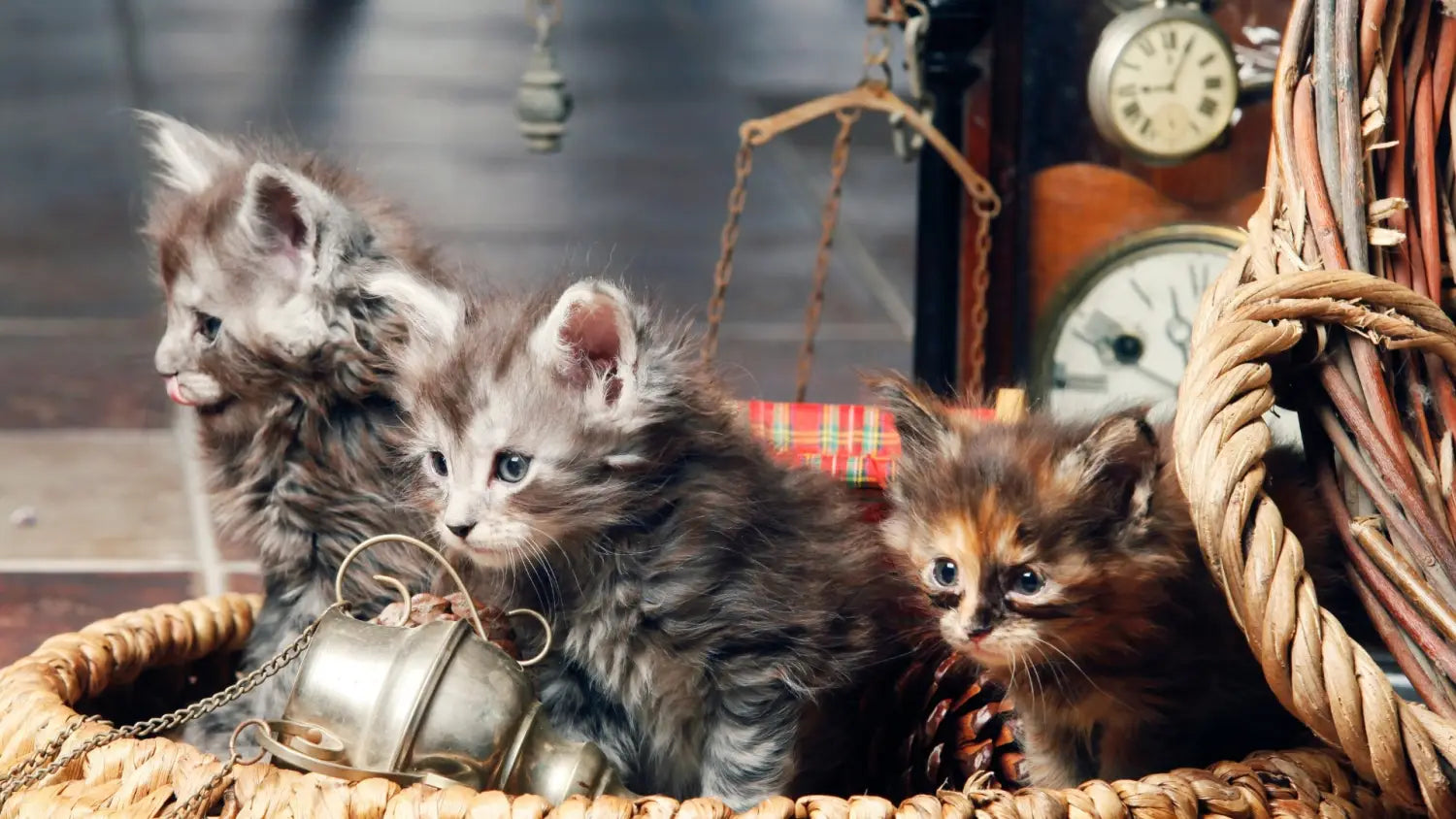
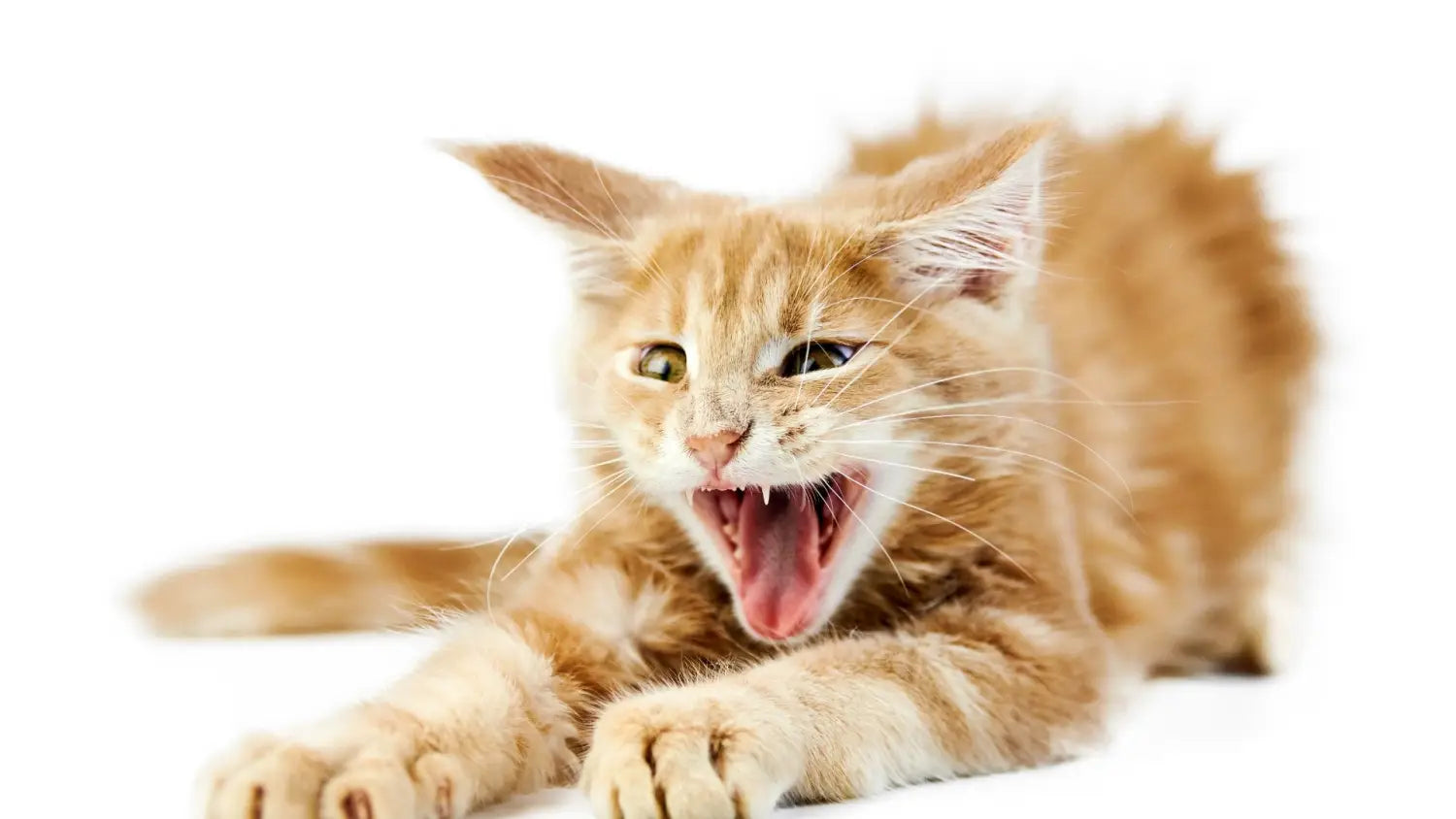




















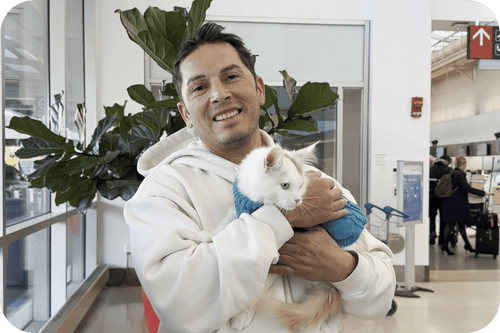
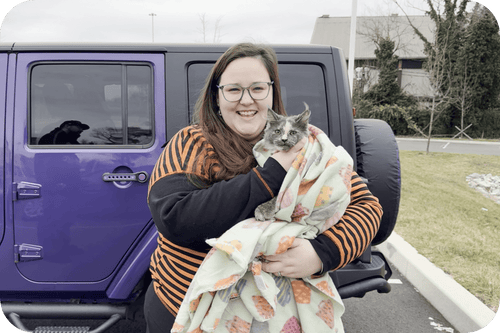
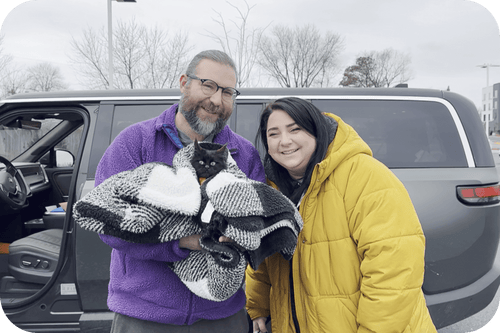
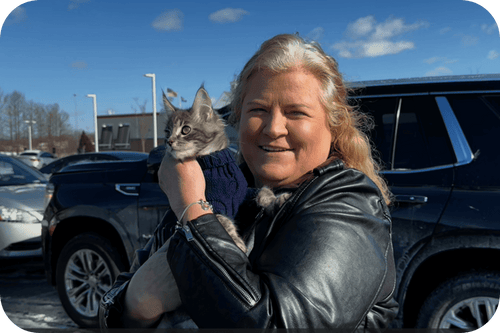
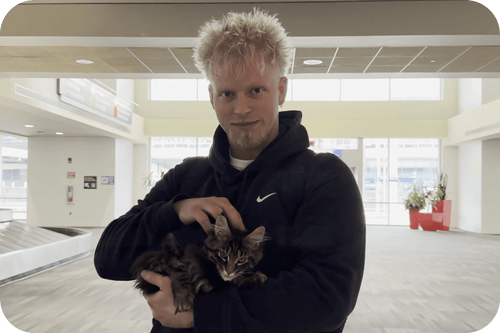
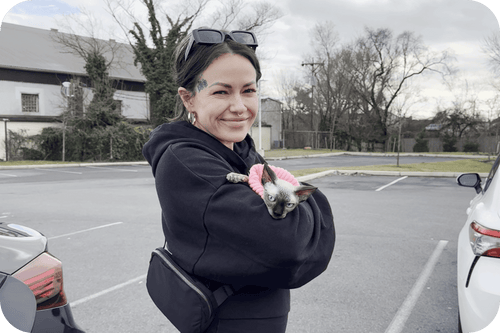
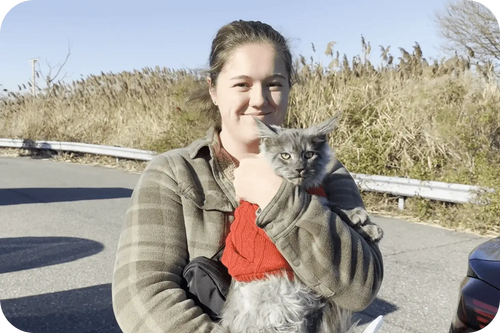
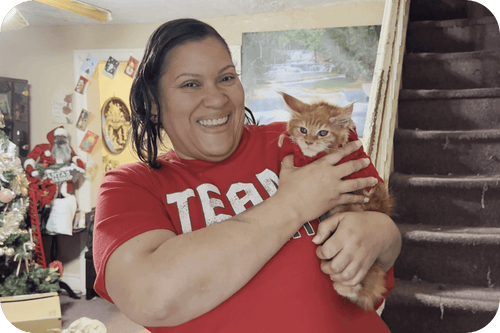
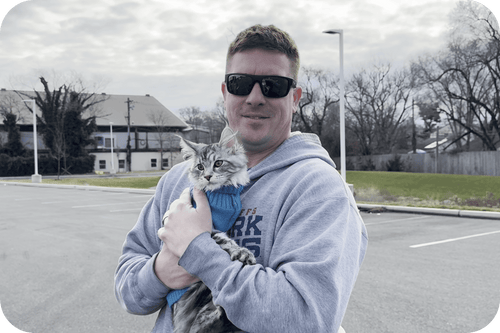
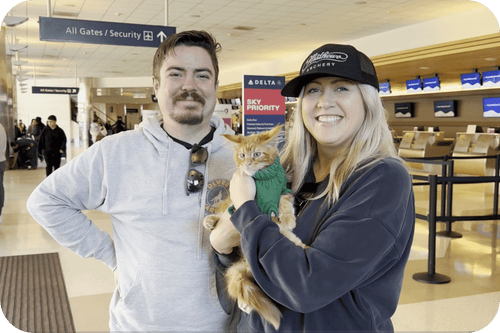
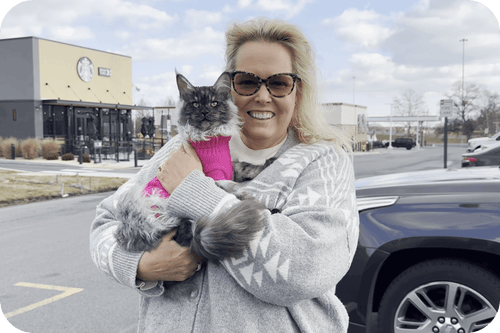
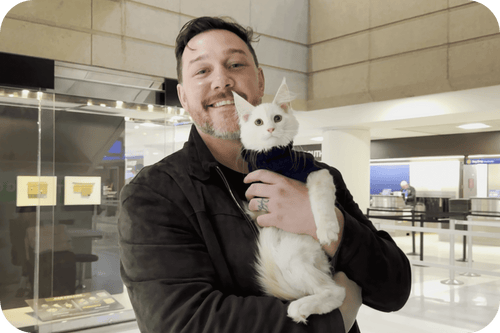
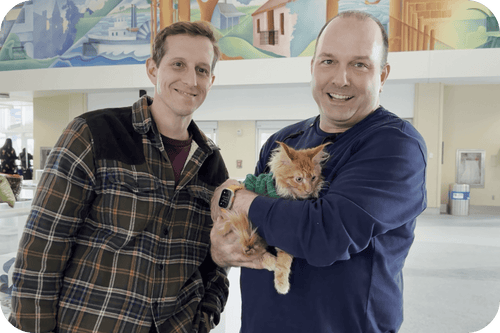
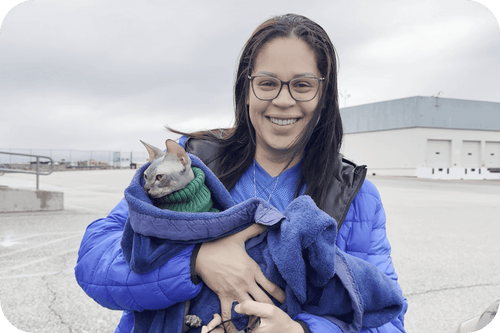
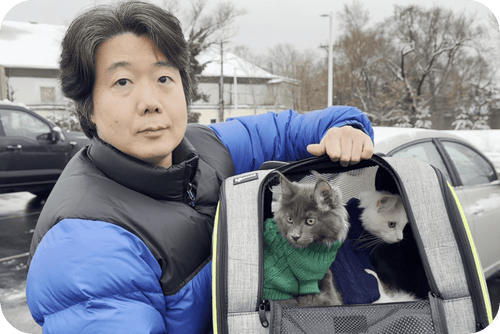
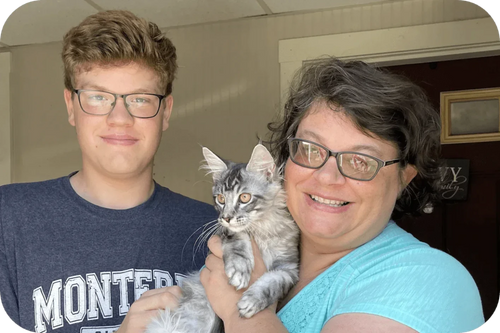
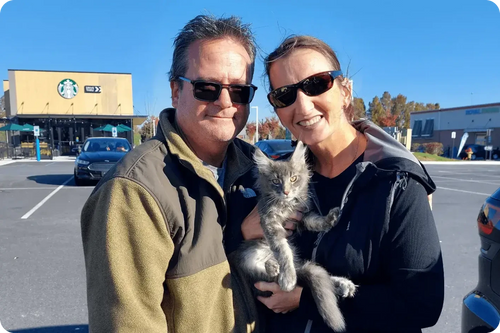
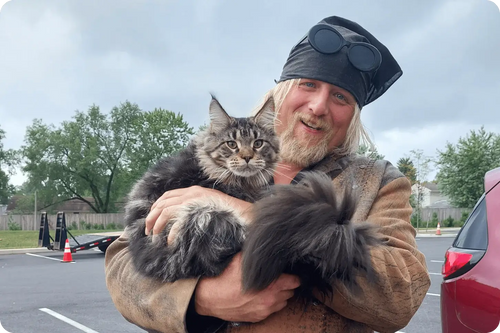
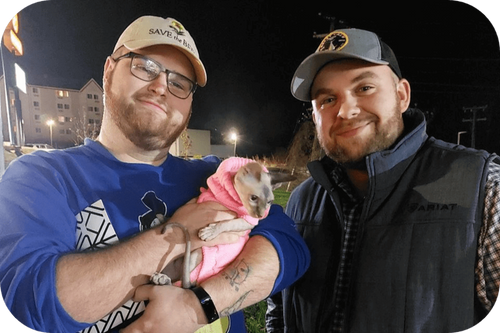
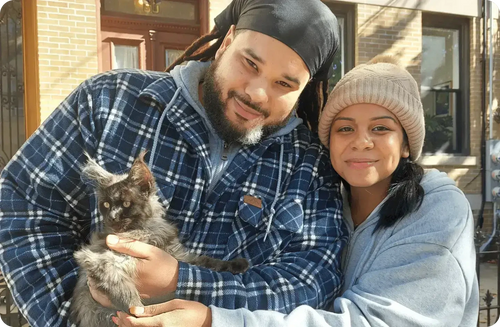
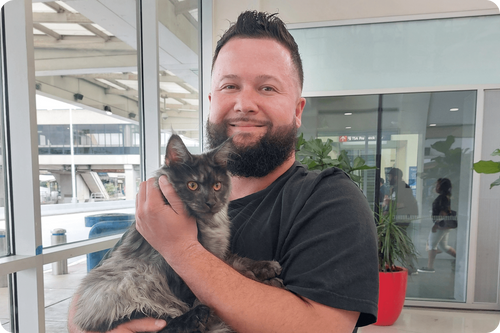
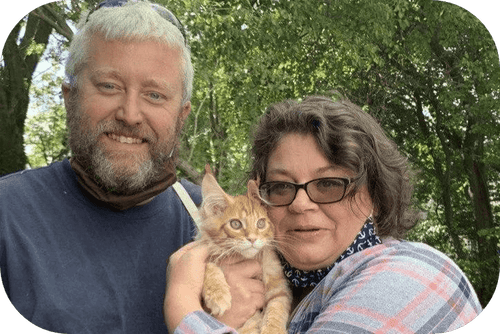












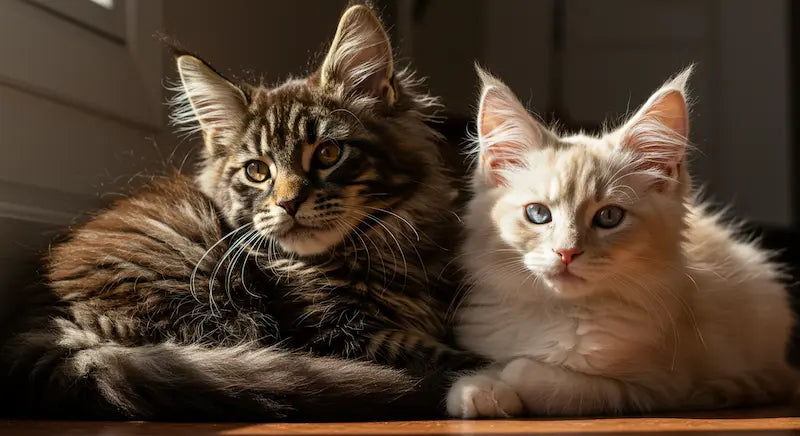
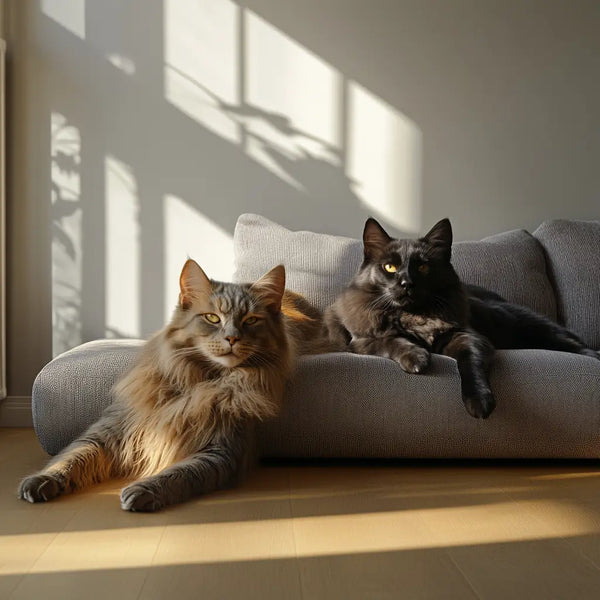





Comments(0)